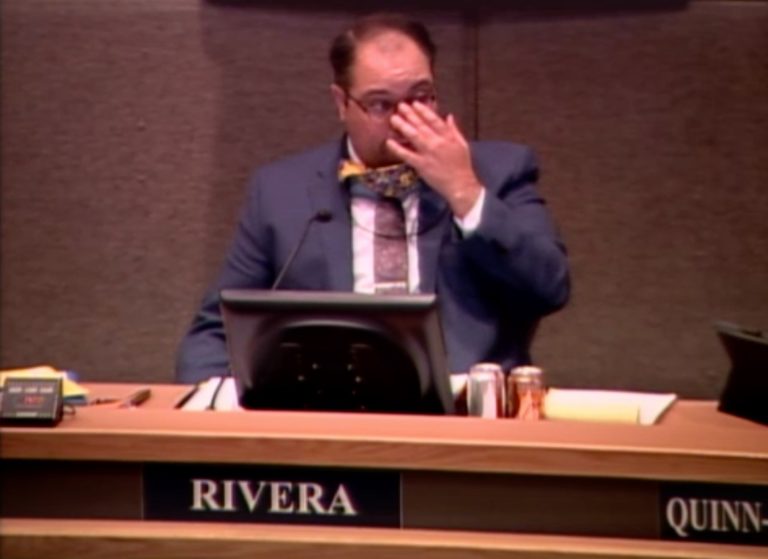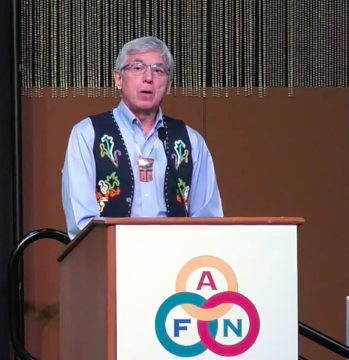By DAN FAGAN
It’s no secret the Anchorage Daily News is run by men and women of the Left. The paper’s bias against conservative ideas and values is glaring, blunt, and obvious. And like most Left-leaning media members, they don’t care much for our president.
The ADN recently ran a political cartoon promoting the debunked story claiming President Donald Trump cancelled a trip to visit the Aisne-Marine American Cemetery near Paris in 2018 because he doesn’t respect our fallen soldiers.
The publication, The Atlantic, alleged Trump didn’t want to visit the cemetery where fallen American soldiers were buried because he believed the cemetery was “filled with losers.”
The story was based on anonymous sources. Of course, it was.
Trump denied ever saying it and at least 15 administration officials who were with the president on that trip and in the meeting when the comments apparently happened dispute the president ever said such a thing.
Even former National Security Advisor John Bolton, often a harsh critic of the president, said Trump never said what the Atlantic said he did.
And recent public record requests show the trip to the cemetery was cancelled because of weather. Not because the president considers our fallen soldiers “losers.”
And now even the Atlantic editor, Jeffrey Goldberg, admits key details of the story could be untrue. When CNN asked Goldberg about the mounting evidence disproving his story he responded: “I’m sure those things are true.”
The Atlantic story based on “anonymous sources” is one of what has become almost daily so-called bombshell stories paraded out by the Trump loathing media designed to make the president look like the most despicable human ever to live.
Expect more and expect them to intensify in ugliness, implausibility, and absurdity. And expect the ADN to play right along in the charade and further propagate the smear campaign.
Why would a local paper in a state where Trump won by almost 15 points join a campaign to do anything and everything to destroy him. Because like most Leftists, they hate the president so much, they can’t help themselves. They run with any story no matter how preposterous desperately hoping it’s true.
The cartoon the ADN ran promoting the Atlantic hit piece on the president is truly disgusting. It shows Trump, looking like he weighs 400 pounds, standing in front of the U.S. Marine Corps War Memorial in Arlington, Virginia.
It’s based on the iconic image of the second flag-raising on the Japanese island of Iwo Jima during World War Two. The memorial is dedicated to the Marine dead of all wars and their comrades of other services who fell beside them.
The cartoon shows the memorial with the words: “losers, dopes, and suckers” spray-painted on it. It also shows Trump standing in front of the memorial with a can of spray paint in his hand with the caption: “I’m more into honoring Confederate heroes.”
Someone I trust told me they once confronted ADN owner Ryan Binkley about why the paper is still so liberal considering his family has been for years active in promoting and advancing the conservative agenda in the state.
Binkley said it was a business decision only. He believed most of the paper’s subscribers were liberal and if the ADN were more balanced, they’d lose their subscription base which is the main source of their revenue.
It is true Leftists don’t like to be exposed to anything that challenges their beliefs. The Left, much more than the Right, tend to base their beliefs on how they make them feel. Leftists are typically emotionally tied to their beliefs while the right is more logical. When you challenge a Leftist for what they believe, you are threatening their very identity. It’s why they typically get so angry when confronted with their insanity.
The question for non-Leftist Alaskans is: why support or subscribe to a paper, that for business purposes is advancing an ideology that brings destruction, poverty, and misery everywhere it’s practiced?
Dan Fagan hosts the number one rated morning drive radio show, weekdays between 5:30 and 8 am on Newsradio 650 KENI. He splits his time between Anchorage and New Orleans.








